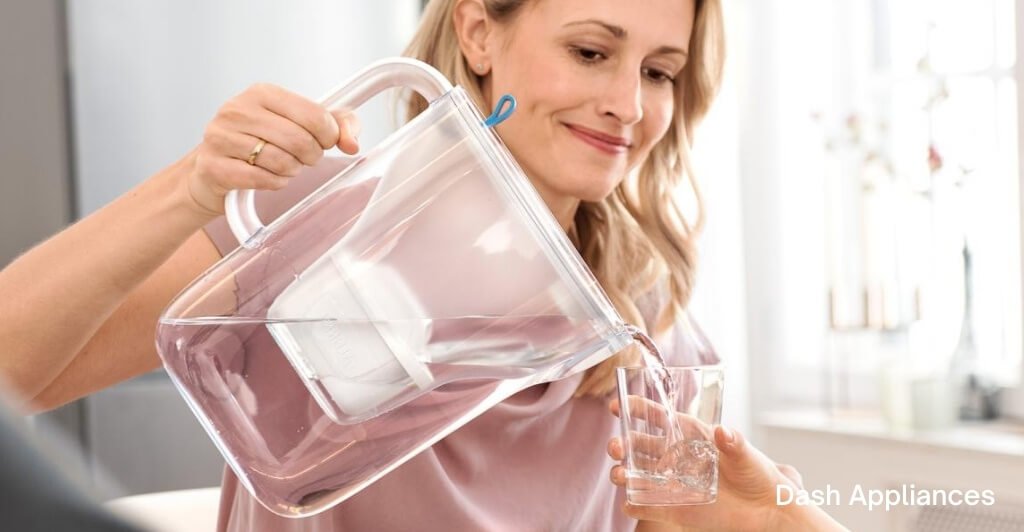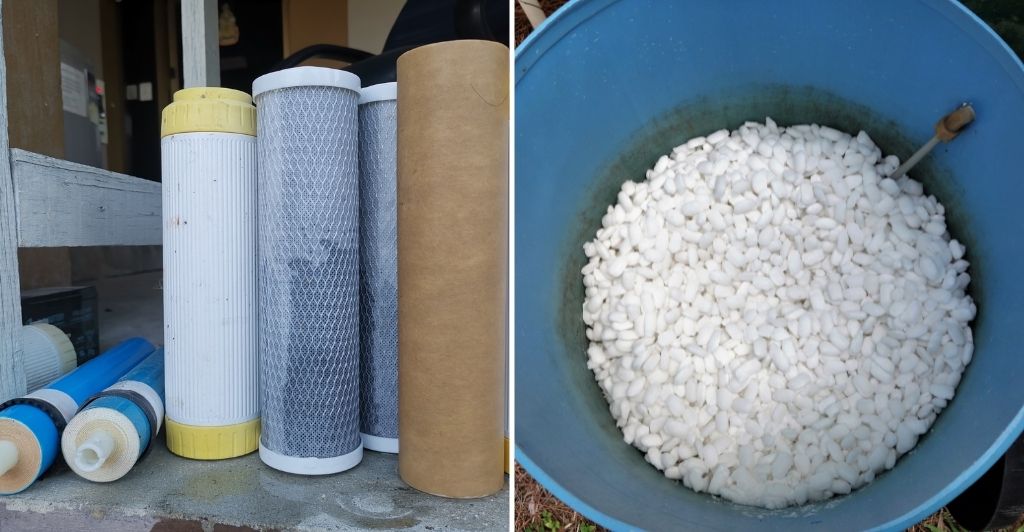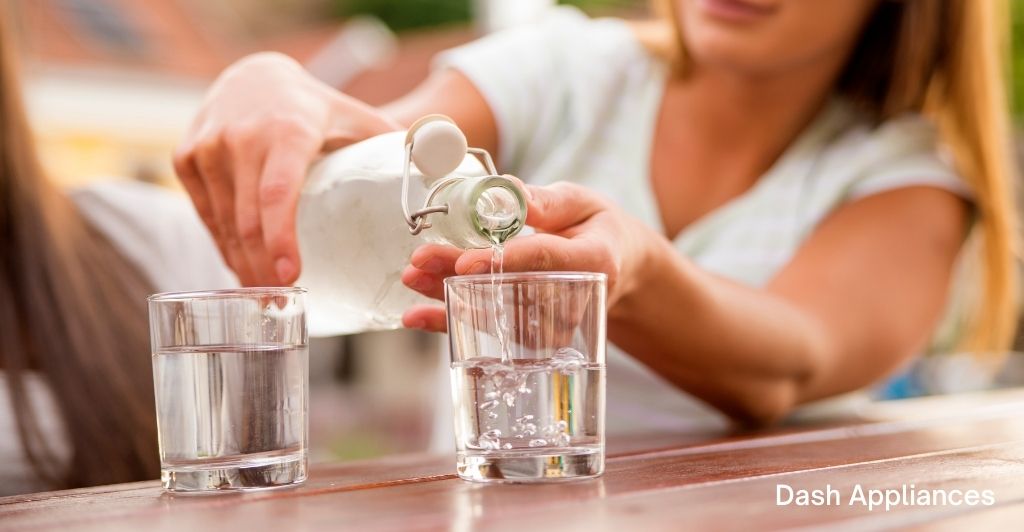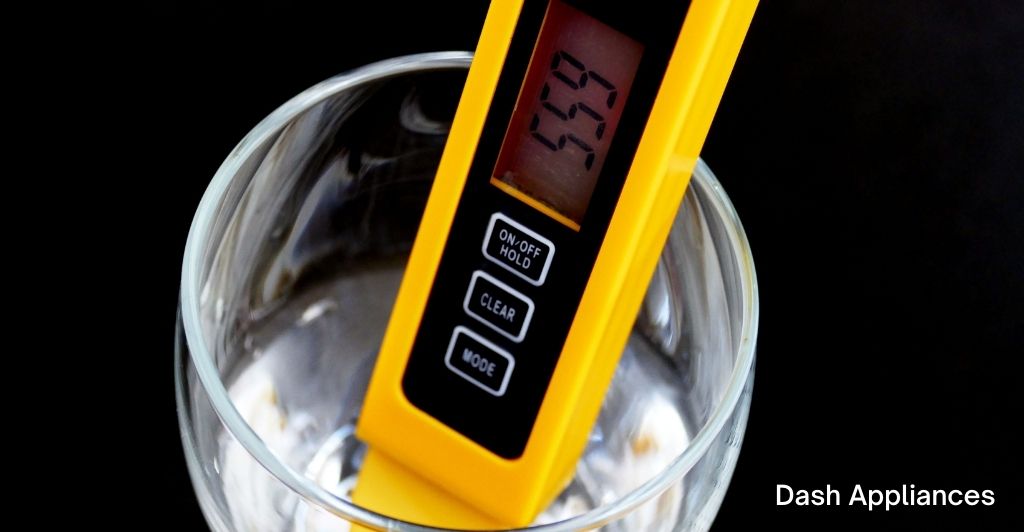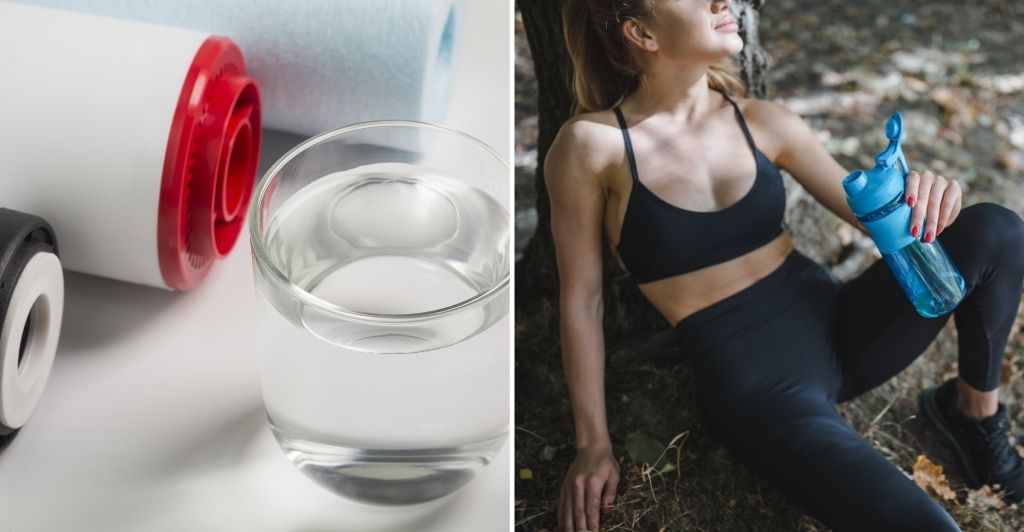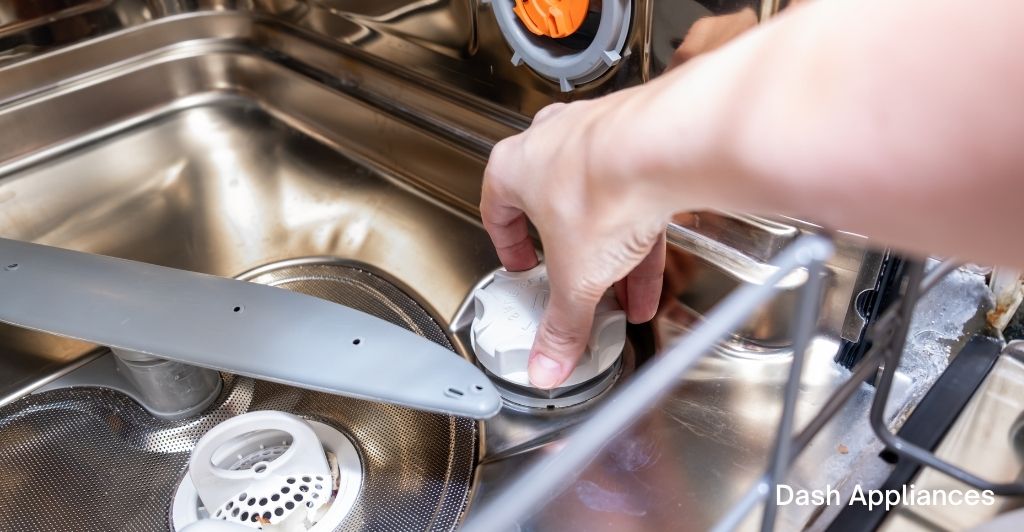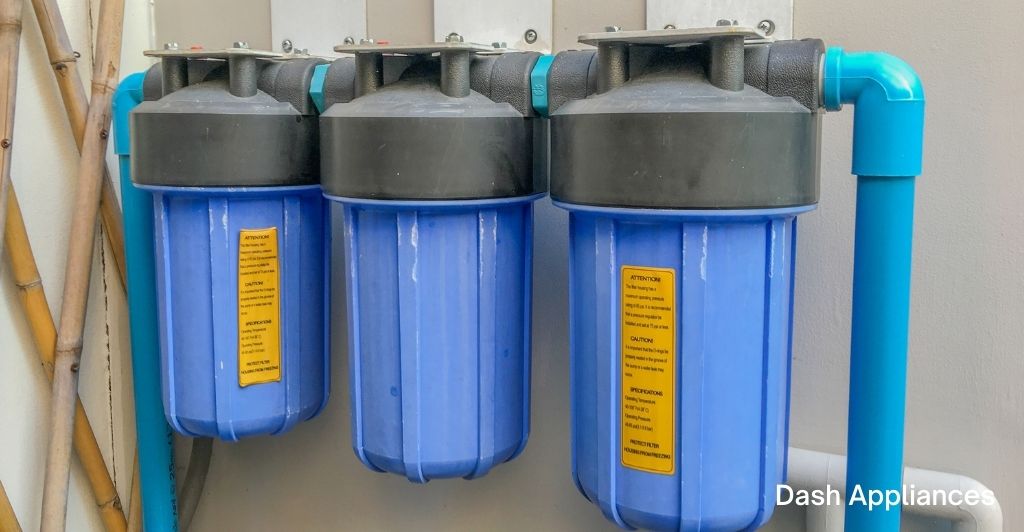Is great taste essential for you when drinking water? Probably, it’s a yes since it drives you to drink more.
However, it is also critical to ensure that you are drinking clean water. Remember that contaminants are often present in drinking water. According to the World Health Organization (WHO), contaminated water transmits diseases such as polio, typhoid, dysentery, cholera, and diarrhea.
That is why more and more people are getting interested in water filtration systems like Brita Filters. If it is your first time hearing about these water filters, keep reading and discover how effective they are.
Let’s get started!
What is a Water Filter?
A water filter provides a way to remove impurities and contaminants using a fine physical barrier. It ensures that you have access to safe drinking water. Brita filters may not deliver health benefits, but they help minimize the risks of potential health issues.
Once you drink contaminated water, you may experience immediate health effects like dizziness and nausea. According to the Environmental Protection Agency (EPA), some contaminants deliver long-term effects, such as liver and kidney damage, nervous system disorders, and increased cancer risk.
How Effective Are Brita Filters and Are Brita Filters Safe?
Brita filters remove contaminants and impurities from drinking water. They are certified by the National Sanitation Foundation (NSF). In other words, they meet the safe drinking water requirements.

Besides the NSF certification, the Water Quality Association (WQA) also certified these filter systems under the Gold Product Certification Program.
As you probably know, any product with WQA Gold Seal meets or exceeds the industry standards for particular contaminant reduction, material safety, and structural integrity.
How Do Brita Filters Work?
According to Brita, water filters work like a sieve. They use carbon to reduce the mercury content and smell and taste of chlorine. An ion-exchange resin is also present to filter other elements, such as cadmium, copper, and zinc.
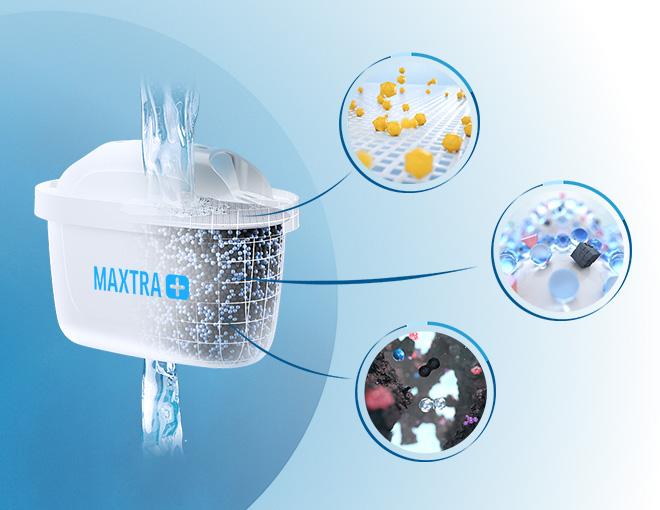
These water filters come with pores that control the components that should get through them. Since these pores have varying sizes, the filtration results vary.
During the filtration process, pores trap larger particles while the positively charged materials attract negatively charged ions in smaller contaminants. As a result, the water contaminants stick to the water filter.
If you want a better understanding of how these filters work, you can watch this video.
What Do Brita Filters Remove
How sure are you about the safety of the water you drink? Before drinking water, testing it to see the different contaminants present there would never hurt. It also helps you determine why you have to filter.
Once you identify what is in your drinking water, you can see if Brita filters will work. Brita offers different filter types, from faucet filters to pitches. Take a look at the table below to see what each type filters:
| Contaminant | Faucet Filters | Bottle Filters | Stream Pitcher Filters | Long-lasting Pitcher |
| Asbestos | Yes | No | No | Yes |
| Benzene | Yes | No | No | Yes |
| Cadmium | No | No | No | Yes |
| Chloramine | Yes | No | No | No |
| Chlorine (taste and odor) | Yes | Yes | Yes | Yes |
| Copper | No | No | Yes | Yes |
| Lead | Yes | No | No | Yes |
| Mercury | No | No | Yes | Yes |
| Pharmaceuticals | Yes | No | No | Yes |
| Particulates (sediment, sand) | Yes | Yes | Yes | Yes |
| Pesticide | Yes | No | Yes | Yes |
| TTHMs, Giardia, Altrazine, Lindane, TCE | Yes | No | No | No |
| Zinc | Yes | No | Yes | No |
| 1,2,3 – Trichlorobenzene | Yes | No | No | No |
Some people worry that filters may remove fluoride. Don’t worry, Brita guarantees that health fluoride level stats in the filtered water.
Does your household water source contain a lead level more than the EPA’s maximum level? If so, these water filters provide you with safe not only for drinking but also for cooking.
How Often Should You Replace the Brita Filter?
The effectiveness of Brita filters depends on how you use them. If you want to ensure they effectively do their job, you should use them based on the manufacturer’s guidelines. Plus, you need to replace them regularly.
Check out the table below to know how often you have to replace the filter.
| Brita Filter Model | Filter Replacement by Time | Filter Replacement by Gallons |
| Metro Pitcher with Longlast + Filter | Every 6 months | 120 gallons |
| Cascade Stream Water Pitcher | Every 2 months | 40 gallons |
| Grand Water Pitcher | Every 2 months | 40 gallons |
| Everyday Water Pitcher with Longlast + Filter | Every 6 months | 120 gallons |
In most cases, you need to replace water filters after filtering 40 gallons of water for approximately two months in the typical household. Plus, you also need to consider the following factors:
- The water’s contamination level
- The water’s overall hardness
- The type of filtration system used
- How much water you drink
Conclusion
Should you buy Brita filters? The answer is yes if you want to restrict contaminants in your drinking water and ensure that your family members are away from health issues. These filters will also help you change the smell and taste of water to drink more. Happy drinking!
